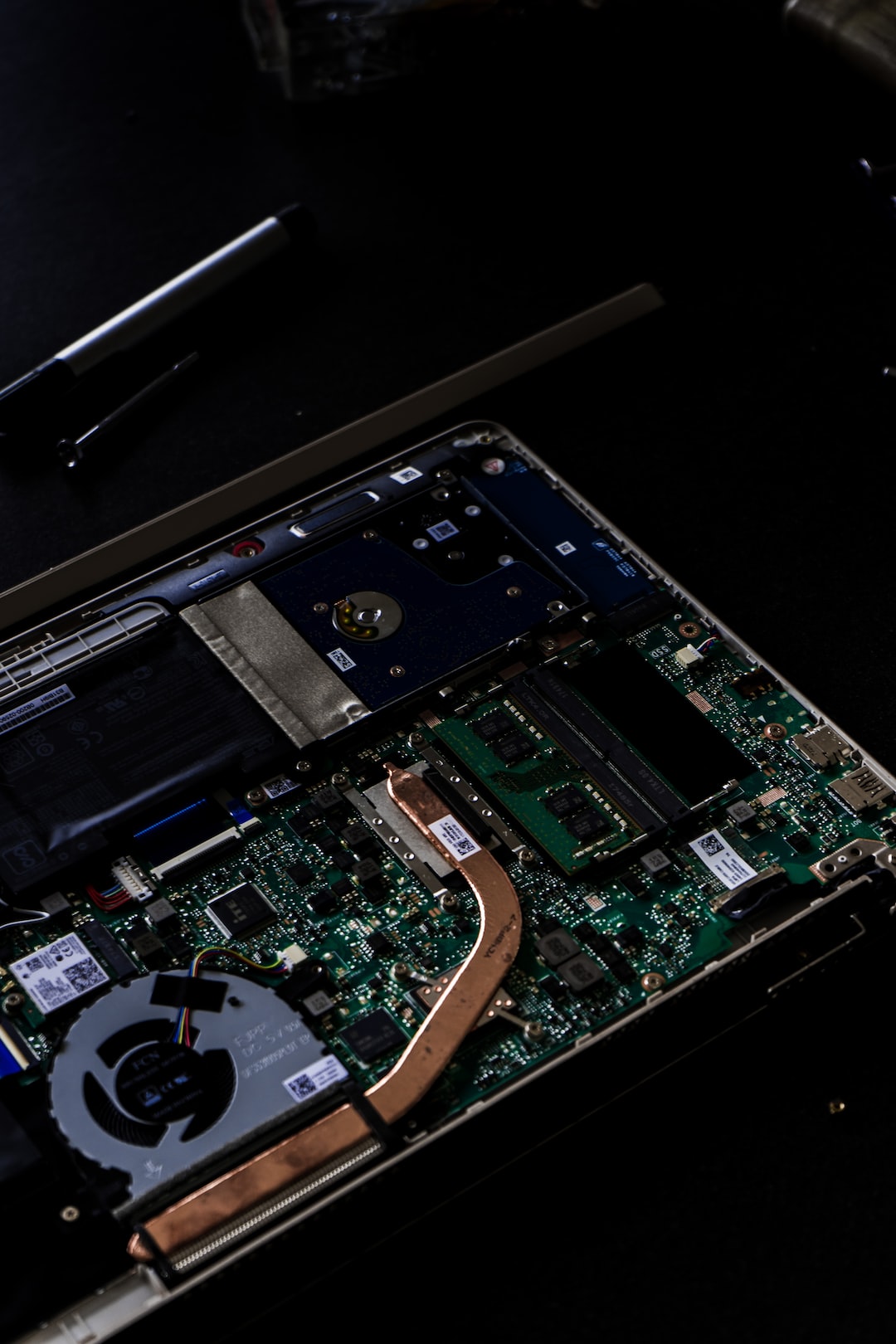The Role of Technology in Healthcare: Innovations and Challenges
Technology has played a crucial role in transforming various industries, and healthcare is no exception. Over the years, technological advancements have revolutionized the way healthcare professionals diagnose, treat, and manage patient care. From electronic health records to telemedicine, these innovations improve patient outcomes, enhance efficiency, and ultimately improve the quality of care. However, as with any transformative change, technology in healthcare also presents its own set of challenges.
One of the key innovations that technology has brought to the healthcare sector is electronic health records (EHRs). Gone are the days of bulky paper charts and folders. Today, patient data is stored electronically, allowing healthcare providers to access and share information more efficiently. EHRs have transformed the way healthcare professionals document patient encounters, making it easier to track medical history, coordinate care among different providers, and gather insights for research and analysis.
Furthermore, medical imaging technology has also made significant progress. With the advent of digital imaging techniques such as MRI, CT scans, and ultrasounds, clinicians can now visualize internal structures and diagnose diseases more accurately. These advancements have not only improved patient outcomes but have also reduced the need for invasive procedures, ultimately reducing healthcare costs.
In recent years, telemedicine has emerged as a game-changer in healthcare delivery. With telemedicine, patients can access medical care remotely, bridging the gap between patients and healthcare providers. This technology has proven to be especially beneficial for patients in rural areas with limited access to healthcare facilities. Telemedicine allows patients to consult with physicians via video calls, receive medical advice, and even get prescriptions without the need for an in-person visit. It not only saves time and money for patients but also reduces the burden on healthcare providers by streamlining the appointment process.
Additionally, technology has driven the development of wearable devices and mobile health applications. Wearable devices like smartwatches and fitness trackers can monitor vital signs, track physical activity, and even detect potential health issues. These devices provide valuable data that can be shared with healthcare providers, enabling them to monitor patients remotely and intervene promptly when necessary. Furthermore, mobile health applications empower individuals to take control of their health by providing features such as medication reminders, diet and exercise tracking, and access to educational resources.
Despite the numerous benefits that technology brings to healthcare, it also poses several challenges. One major challenge is the concern over data privacy and security. Digital health records contain sensitive personal information, making them an attractive target for hackers. As healthcare organizations adopt more technology-driven approaches, protecting patient data becomes paramount. Strict security measures and compliance with regulations such as the Health Insurance Portability and Accountability Act (HIPAA) are crucial to mitigate these risks.
Another challenge is the digital divide, especially in developing countries or underserved areas. While technology has the potential to improve healthcare access and outcomes, not everyone has the means or knowledge to benefit from it. The cost of implementing and maintaining advanced technology infrastructure can be a significant barrier. Moreover, some patients, particularly the elderly or those with limited digital literacy, may struggle to adapt to technology-driven healthcare approaches. Bridging this gap requires targeted initiatives to ensure equitable access to technology and educate patients on its benefits and usage.
Additionally, the rapid pace of technological innovation poses a challenge for healthcare professionals. Keeping up with the latest advancements requires continuous learning and training. Healthcare providers must be updated on new tools and techniques, understand how to integrate technology into their workflows, and stay informed about privacy and security best practices. This ongoing learning curve can be daunting, especially for older professionals who may not have grown up with technology.
In conclusion, technology has undeniably transformed healthcare and continues to revolutionize the way we deliver and receive medical care. Electronic health records, telemedicine, wearable devices, and mobile health applications have improved efficiency, patient outcomes, and access to care. However, challenges such as data privacy, the digital divide, and the need for ongoing education and training must be addressed for technology to reach its full potential in healthcare. By addressing these challenges and leveraging the power of technology responsibly, we can ensure that healthcare continues to evolve and provide better outcomes for all.

